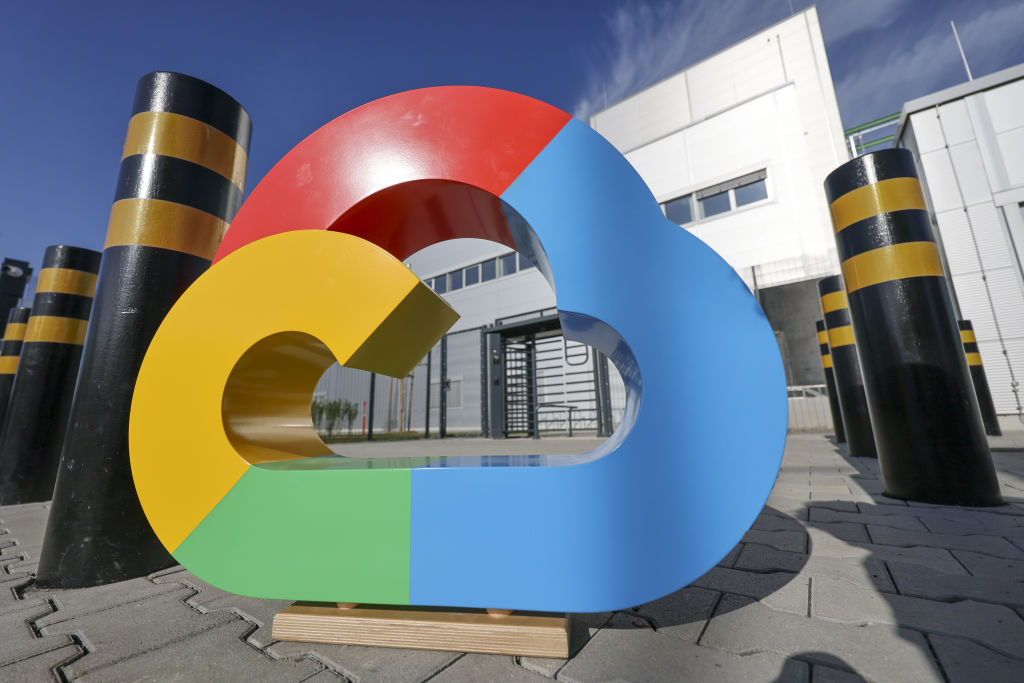AI startups are choosing Google Cloud for Gemini model access, custom accelerators, and startup credits. That drives faster product launches, higher cloud spend, and stronger positioning versus AWS and Azure. Businesses should pilot workloads and prioritize governance.

Google Cloud is enjoying strong momentum as a fresh cohort of AI startups builds and scales on its platform. According to TechCrunch (Maxwell Zeff, Sept. 18, 2025), companies such as Anysphere (Cursor), Hebbia, Magic, Physical Intelligence, Photoroom, and Synthesia are running critical workloads on Google Cloud to tap Gemini model access, custom accelerator chips, and startup credits.
For founders and decision makers, the practical takeaway is simple: platform choice now affects speed, cost, and long term flexibility. By offering integrated model access, optimized compute, and financial support, Google Cloud is reducing friction for AI product development and improving time to market for early stage teams.
TechCrunch highlights several concrete threads that explain Google Cloud's recent growth. First, profile customers are choosing the platform to accelerate development with Gemini and optimized infrastructure. Second, bundled offerings that combine models, data pipelines, and compute create a smoother path from prototype to production. Third, developer familiarity with Google tooling reinforces loyalty and can lead to increased cloud spend as startups scale.
When researching cloud choices, startups and buyers are using search queries such as "AI cloud platform comparison 2025" and "Best cloud providers for generative AI." Content that explains Gemini AI integration, generative AI infrastructure, and cloud GPU for AI startups performs well with technical and non technical audiences alike. Generative Engine Optimization (GEO) and answer focused content are also rising in importance for discoverability.
Google Cloud's ability to attract AI startups with Gemini model access, custom hardware, and startup credits is reshaping where early stage AI innovation happens. For businesses building AI capabilities, the choice of cloud provider is now a strategic decision that affects speed to market, cost structure, and long term flexibility. Practical next steps are to pilot AI workloads, evaluate integrated offerings, and build governance that keeps options open as the market evolves.
Source: TechCrunch, reporting by Maxwell Zeff, Sept. 18, 2025.



